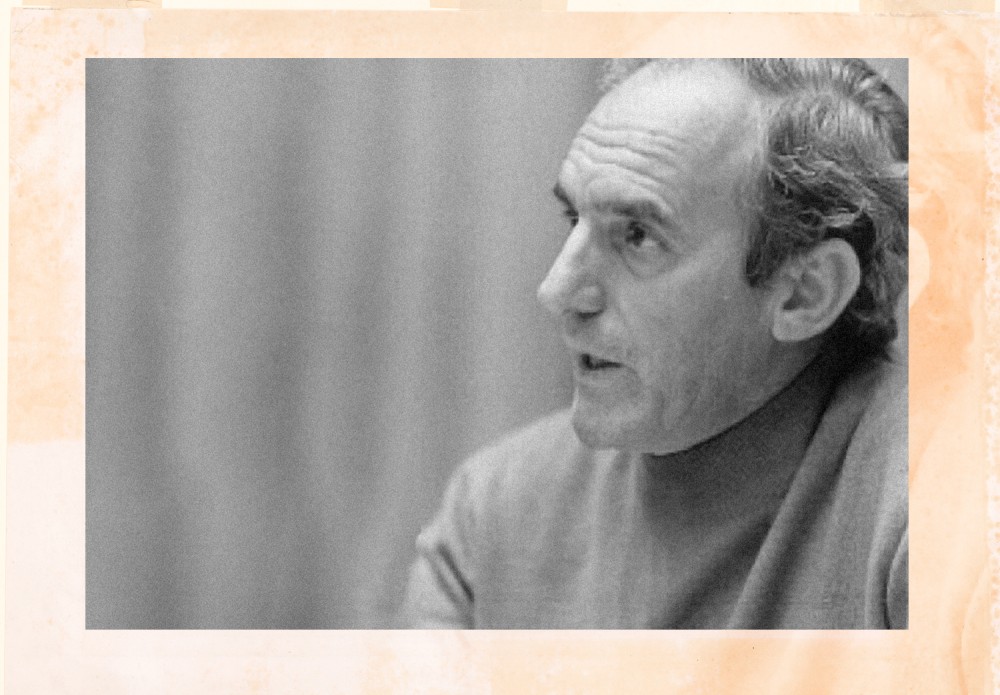The Trump administration hasn’t attacked religious schools and seminaries—yet
Liberation theologian Ignacio Ellacuría didn’t leave us a blueprint for resistance, but he speaks to times like ours.

Theologian Ignacio Ellacuría in 1989 (Wikimedia Commons / Public Domain)
In November 2016, I was a freshman at a private Christian liberal arts college, where the other students were mostly White, mostly middle class, and mostly evangelical. When Donald Trump was elected for his first term as president, some of us were disheartened. Others were delighted. I was anxious. For me, Trump’s first election felt like the electoral consequence of the festering racism I’d witnessed throughout my adolescent years, including the brutal police killings of African American boys and the normalization of overt, anti-immigrant hostility.
A few months before the election I grabbed coffee with a friend who worked for the college. He took me to a cute bakery in a bustling suburban downtown strip. He listened to my anxieties: Why would Christians consider voting for Trump? How could they be so indifferent to racism? Why do I feel like I don’t belong in this school—and like I’m asking different questions from my peers, shaped as they are by my family’s Filipino, Mexican, and American context?
My friend listened patiently before asking if I’d heard of theologian James Cone or his book God of the Oppressed. When I used what little money I had to buy a copy, I devoured it. I read it at lunch. I read it in the evening. Between my readings for other courses, I made the book a priority. I had few friends then, and Cone became one of them.





